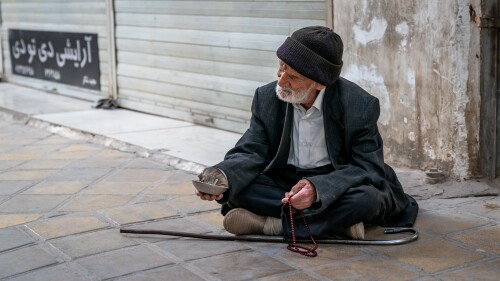The Kurds’ Struggle in Iran with Shukriya Bradost
Monday, January 27, 2025
1:00PM Eastern Time
The Kurds in Iran lag behind their co-ethnics in Iraq, Syria, and Türkiye in terms of asserting their rights. The movement for Kurdish autonomy has gained visibility but is limited by fragmentation. The Islamic Republic views Kurdish activism as a national security threat. How should the international community engage with the Kurds of Iran? Would external support bolster their cause or further escalate repression? How does Kurdish activism affect the regime’s stability?
Shukriya Bradost, an Iranian-Kurdish security analyst, is a doctoral candidate at Virginia Tech University. In addition she is non-resident scholar at the Middle East Institute and a contributor to the Washington Institute for Near East Policy. She has written for Al Jazeera, the Jerusalem Post, and the Observer. She holds a B.A. in law from the University of Salahaddin in Erbil, Iraq, and an M.A. in international security from the University of Leicester.











